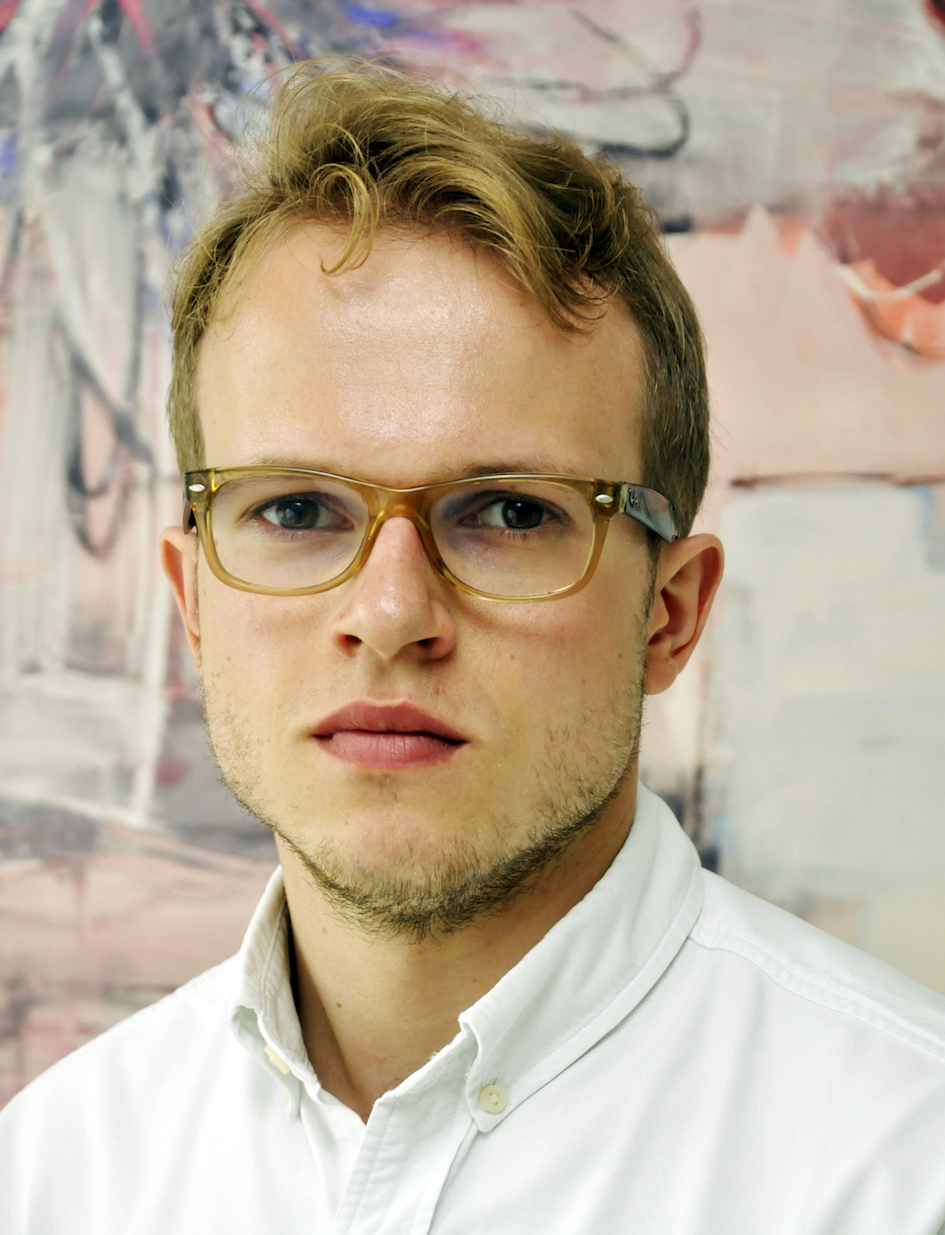TU Delft student Roberto Francica wonders what the future of hydrogen electric vehicles might be. And what role do the Delft dreamteams Forze and Eco-runner play?
Hydrogen cars are being tested in TU's Green Village. (Photo: Jos Wassink)
Electric vehicles are being deployed daily with ambitious plans for mass introduction in the future. But another technology, namely hydrogen-powered cars, which is just as promising according to various commentators, is looming on the horizon. The question we need to ask is: will the Battery Electric Vehicles (BEVs) or the Hydrogen Electric Vehicles (HEVs) win the hearts of their customers?
Switching the current infrastructure to hydrogen, which would involve fuelling stations and transportation networks, will be difficult, if not impossible. Contemporary gas pipelines cannot be used to transport hydrogen. Additionally, the cost of a hydrogen station today is an order of magnitude higher than that of a gas station and several orders of magnitude higher than the price of relatively cheap hydrogen electric vehicles charging stations. Furthermore, electric vehicles can be charged anywhere where there is access to electricity, and it appears this access is rather widespread.
About 95% of today’s hydrogen is produced from natural gas, a fossil fuel. While it is possible to produce it by splitting water – a process called electrolysis – this ‘green’ hydrogen is almost twice as expensive as natural gas hydrogen. Furthermore, we would need to ensure that the electrolysis process is powered by renewable energy sources. In this case, we need to ask ourselves: are we willing to pay twice as much for our hydrogen as we are paying now just to make sure it has a lower carbon footprint when there are many cheaper decarbonisation options available?
‘Hydrogen is unrivaled in energy density’
Last but not least, fuel cells are crucial to hydrogen electric vehicles since they convert hydrogen to electricity. At present, fuel cells are costly and are mostly hand assembled due to the complexity of their design. This prohibits automation and cost reduction.
But before you fall into despair, let me cheer you up a little bit. Hydrogen is unrivaled in energy density as it accommodates 300 times more energy per kilogram than Tesla Model S batteries do. Looking at the Model S stats, it also takes just minutes to fill a hydrogen tank, such as that of the Honda Clarity, as compared to seven hours charging time for a battery electric vehicle with the same driving range.
Furthermore, the self-discharge rate of Li-ion batteries stands at approximately 4% per month, translating into a 22% loss in six months. The low discharge rate of hydrogen on the other hand, makes it ideal for seasonal storage – for example storing excess energy generated by solar panels in the summer months, and using it for the winter months. In this case, the storage time may well exceed six months, making a 22% loss unacceptable.
The following conclusion comes to mind: hydrogen electric cars, and specifically passenger vehicles, are bound to lose against battery electric vehicles. Even the leaders in HEV technology seem to agree, with Honda launching battery electric vehicles and a plug-in hybrid version of its previously exclusively hydrogen-powered Clarity model. This, however, does not mean hydrogen has no use at all. For long-term seasonal storage and applications where long range is needed – cargo trucks, drones, ships, intercontinental planes – hydrogen is ideal. But passenger cars I am afraid, are out of reach.
Surprisingly, hydrogen electric vehicles have applications other than private cars. TU Delft racing team, Forze Delft, debuted with a hydrogen-racing car at the Gamma Racing Days on August 6th 2017, finishing fourth. Another team based at the university, called Eco-Runner, is developing a highly efficient hydrogen electric vehicle, hoping to achieve extremely high fuel efficiency. In fact, it is looking for qualified individuals to join the team. So make sure you come to the interest drinks on March 21st.


Author Roberto Francica obtained a bachelor’s degree in Electronic and Electrical Engineering at University College London and is now continuing his master studies at TU Delft in Sustainable Energy Technology. His interests lie in green transportation and solar technologies. He currently works as an associate consultant at a Dutch company, Panteia, working on decarbonisation projects.
Within our Delta Lab, Roberto also wrote on green shipping and on blockchain technology for trading energy
Delta Lab / Delta Lab offers you the opportunity to share anything you really care about with the entire University community. E-mail us at delta@tudelft.nl.


Comments are closed.